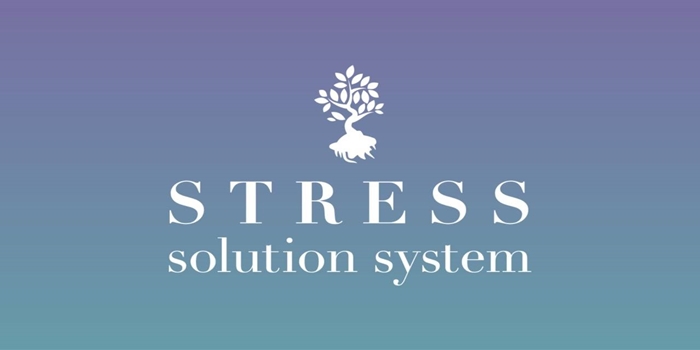In this article, we discussed the meaning of stress, furthermore we also talked about the causes, the types, signs and the stress solutions.
Definition
Stress a state of mental or emotional strain or tension resulting from adverse or demanding circumstances.
stress refers to the importance speakers place on specific syllables within a word to help determine meaning and distinguish individual words during rapid speech. Stress is communicated through inflection, or an increase in a syllable’s volume, length, and pitch.
There are multiple types of stress, including:
Acute stress
A short-term stress that occurs in response to a new or challenging situation, such as an argument or slamming on the brakes.
Chronic stress
Stress that lasts for a longer period of time, such as months or weeks. Chronic stress can be caused by money problems, work issues, or an unhappy marriage.
Episodic acute stress
A pattern of frequently experiencing acute stress. For example, someone who is often anxious and worried about things that might happen.
Stress can also be categorized as physical, mental, behavioral, or emotional.
Some signs that stress may be affecting you include:
Frequent aches and pains
Headaches
Lack of energy or focus
Forgetfulness
Diarrhea or constipation
Stiff jaw or neck
Tiredness
Stress can be caused by many different things, including:
Life events: Getting married, divorced, or separated, having a baby, retiring, moving, or the death of a loved one
Work: Feeling pressure at work, unemployment, or job loss
Finances: Unexpected bills, borrowing money, or debt
Health: Illness, injury, or other health issues
Social interactions: Rudeness, bossiness, or aggressiveness from others
Physical environment: Noise, bright lights, heat, or confined spaces
Lifestyle choices: Not enough sleep, an overloaded schedule, or caffeine
Negative self-talk: Pessimistic thinking, self-criticism, or over-analyzing
Personality traits: Being a type A, perfectionist, workaholic, or pleaser
Food and drinks: Consuming certain foods and drinks, especially those with caffeine
STRESS SOLUTION
Here are some ways to reduce stress:
Exercise is stress solution : Physical activity can help relieve stress. The Department of Health and Human Services recommends at least 150 minutes of moderate aerobic activity or 75 minutes of vigorous aerobic activity per week. You can also try strength training exercises.
Sleep is stress solution : Getting enough sleep can help your body handle stress. Try to get at least seven hours of sleep per night.
Eat healthy is a stress solution : Eating a plant-based diet can help you cope with stress.
Practice mindfulness: Mindfulness meditation can help reduce stress and anxiety.
Connect with others: Social contact can help relieve stress. You can try volunteering, taking a coffee break with a friend, or visiting a place of worship.
Take control of your environment: Try to avoid hot-button topics, turn off the TV if it makes you anxious, or take a longer route to avoid traffic.
Accept what you can’t change: Try to focus on the things you can control.
Minimize screen time: Using smartphones, computers, and tablets too often may increase stress levels.
Take supplements: Some supplements that may help with stress include melatonin, ashwagandha, L-theanine, and B vitamins.
CONCLUSION
Stress is an unavoidable part of life, but that doesn’t mean you should ignore it. Too much untreated stress can cause potentially serious physical and mental health problems.
The good news is that in many cases, stress is manageable. With some patience and a few useful strategies, you can reduce your stress

